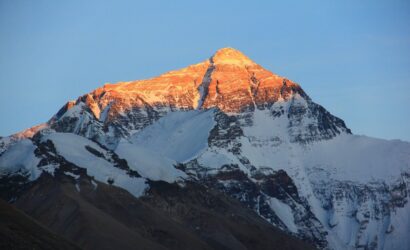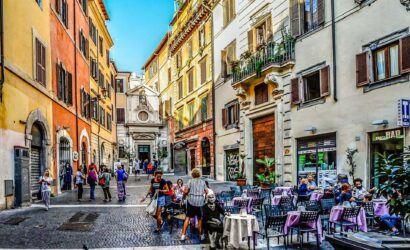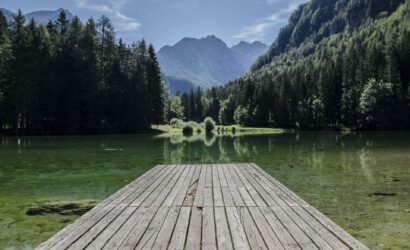Hiking
Hiking is the preferred term, in Canada and the United States, for a long, vigorous walk, usually on trails (footpaths), in the countryside, while the word walking is used for shorter, particularly urban walks. On the other hand, in the United Kingdom, and the Republic of Ireland, the word “walking” is acceptable to describe all forms of walking, whether it is a walk in the park or backpacking in the Alps.
The word hiking is also often used in the UK, along with rambling (a slightly old-fashioned term), hillwalking, and fell walking (a term mostly used for hillwalking in northern England). The term bushwalking is endemic to Australia, having been adopted by the Sydney Bush Walkers club in 1927. In New Zealand a long, vigorous walk or hike is called tramping. It is a popular activity with numerous hiking organizations worldwide, and studies suggest that all forms of walking have health benefits.

The Tiananmen, a gate in the wall of the Imperial City, was built in 1415 during the Ming dynasty. In...

The Tiananmen, a gate in the wall of the Imperial City, was built in 1415 during the Ming dynasty. In...

The Tiananmen, a gate in the wall of the Imperial City, was built in 1415 during the Ming dynasty. In...

The Tiananmen, a gate in the wall of the Imperial City, was built in 1415 during the Ming dynasty. In...

The Tiananmen, a gate in the wall of the Imperial City, was built in 1415 during the Ming dynasty. In...

The Tiananmen, a gate in the wall of the Imperial City, was built in 1415 during the Ming dynasty. In...

The Tiananmen, a gate in the wall of the Imperial City, was built in 1415 during the Ming dynasty. In...

The Tiananmen, a gate in the wall of the Imperial City, was built in 1415 during the Ming dynasty. In...

The Tiananmen, a gate in the wall of the Imperial City, was built in 1415 during the Ming dynasty. In...

The Tiananmen, a gate in the wall of the Imperial City, was built in 1415 during the Ming dynasty. In...